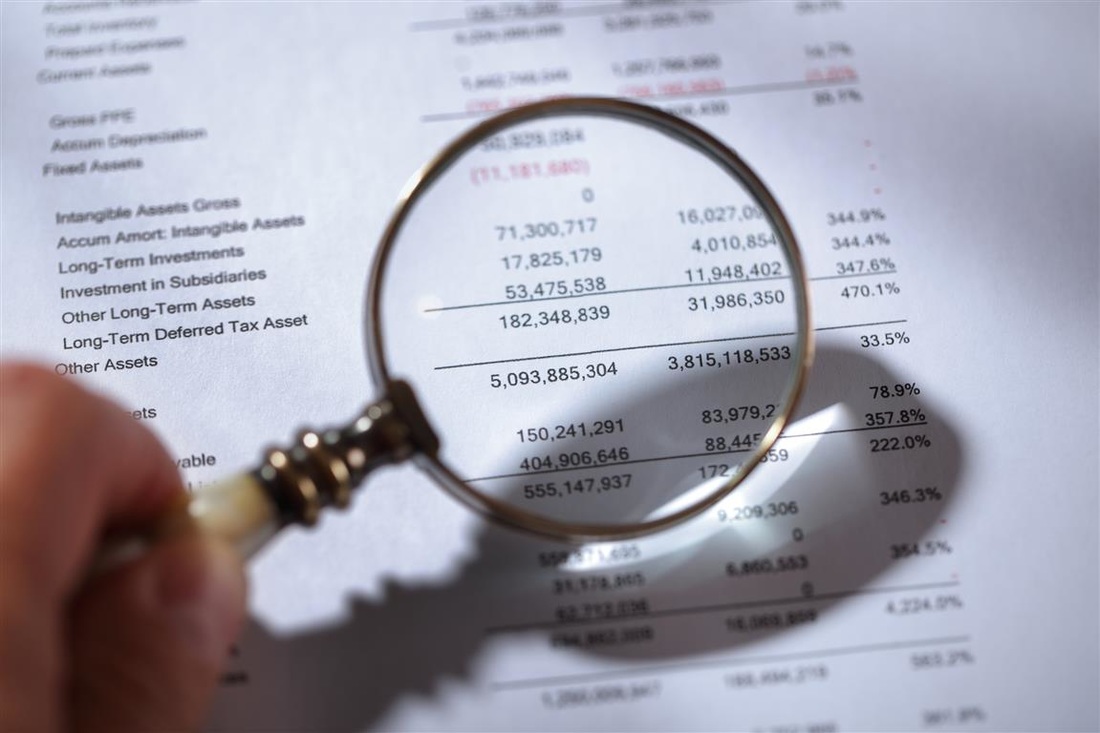Even if you employ a top-notch accountant to deal with money matters, it helps to know what position your company is in. To help demystify small business finances, let's look at the basics – P&L and the balance sheet.
Profit and Loss Statement
At its simplest definition, profit is what is left over after you subtract your costs from your income. From this point, it becomes a matter of going into detail. What are the costs? Are they recurring or once-off? Do you have a single type of income or are there various categories – for example, a property company could get income from rentals, property sales, or investments. Each of these is a different kind of income, or revenue that needs to be shown as its own item on the statement, but counted together, they are all income. Costs could include salaries, consumables, marketing and a host of others.
Loss, however, is not the same as costs, or expenses. Loss happens when income minus expenditure results in a negative figure – in other words, when you've made less money than you've spent. This could be because of any number of factors, including unexpected expenses, failure to make enough sales, or a sudden increase in costs. At the same time, loss can be deceptive – for example, just because you haven't sold your inventory doesn't mean it doesn't have value. That's where the balance sheet comes in.
Balance Sheet
A balance sheet shows your company's overall situation when it comes to assets and liabilities. Assets are anything you own, including income received, property, inventory, investments, equipment, anything that has any kind of value that you owner. Liabilities are anything that causes a drain on your finances. This can include normal operating costs, maintenance fees, even depreciation in the value of fixed assets. The balance sheet takes all these factors into account to show the total balance of equity in your company.
Of course, the deeper into company finances you go, the more complex it can seem, but if you can get a handle on these two important statements, you are well on your way to being in control of your own company finances.


 RSS Feed
RSS Feed
